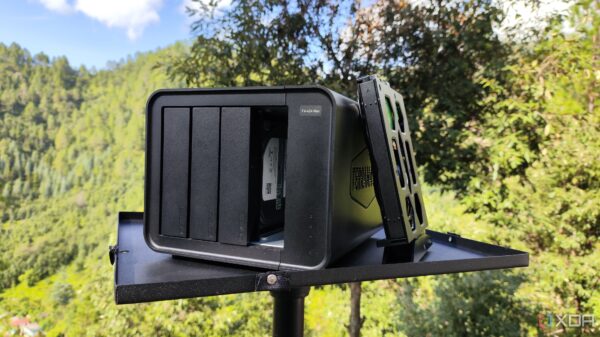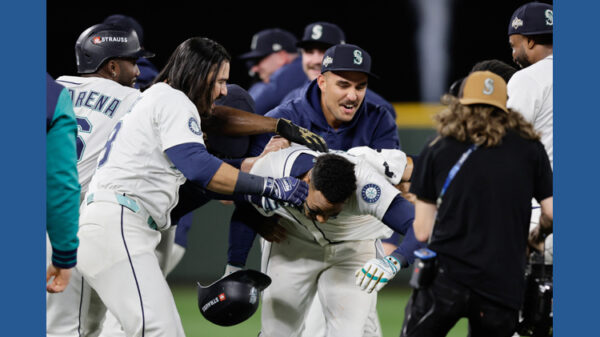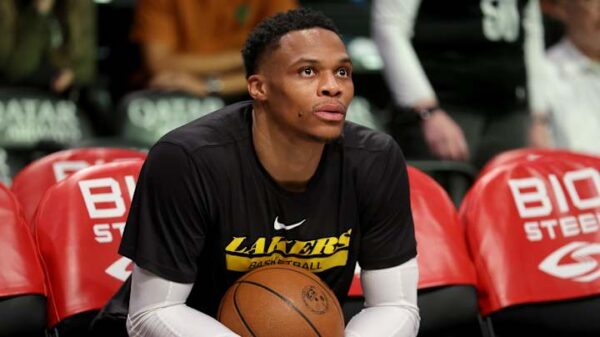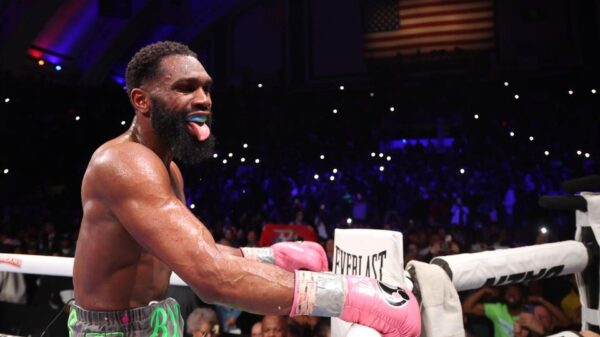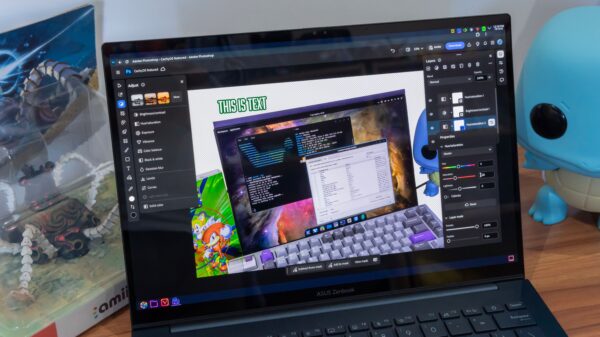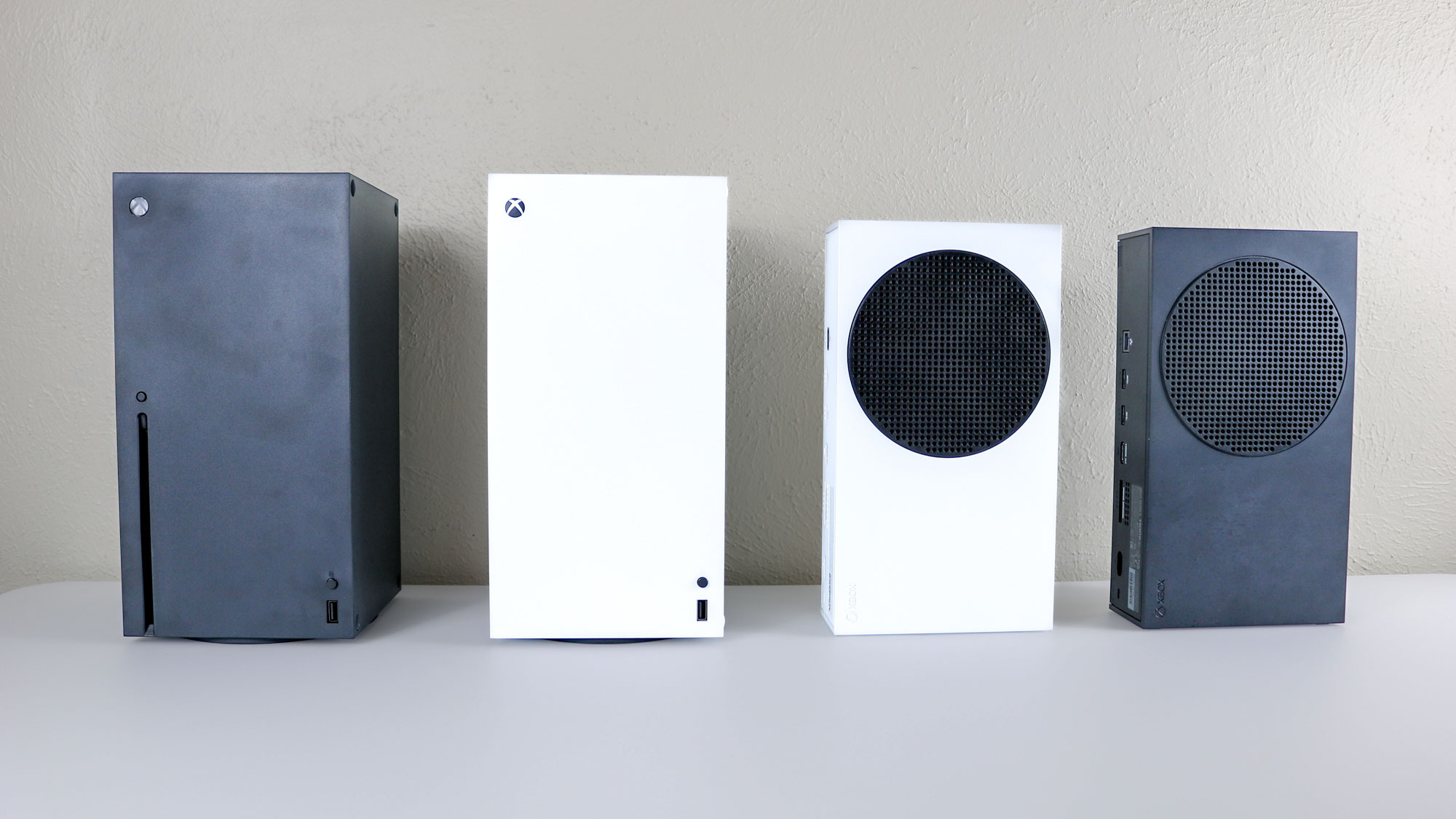Laura Fryer, a founding member of Xbox, recently made headlines by declaring that “Xbox hardware is dead.” Given her influential role in creating the original Xbox and producing iconic games like Gears of War, her words carry significant weight. Fryer suggests that Microsoft is gradually exiting the hardware business, focusing instead on services like Game Pass, and forming partnerships such as the ROG Ally Xbox edition, which hint at a retreat from traditional consoles.
While these observations may point to a strategic shift, I find myself still deeply attached to my Xbox. Despite the uncertainty surrounding its future, there are compelling reasons why my Xbox remains an essential part of my gaming setup, irrespective of corporate strategies.
Game Pass: A Transformative Force in Gaming
Microsoft’s push for Game Pass adoption is undeniable, and even Fryer acknowledges its substantial value. However, calling it valuable is an understatement. Game Pass has revolutionized the way I discover and play games. Instead of agonizing over $70 purchases, I can explore a wide array of games I might never have risked buying otherwise. From indie gems to day-one releases of major titles and timeless classics, all are available for a single monthly fee.
This service has made gaming feel more experimental and less financially burdensome. Without the pressure of investing in each individual game, I’m more inclined to explore different genres, try quirky indie titles, or dive into multiplayer games with friends. Whether this aligns with Microsoft’s master plan or not, the result is a more diverse gaming experience, which is valuable regardless of the hardware narrative.
Seamless Ecosystem Integration
Microsoft’s “Xbox Anywhere” initiative might seem like marketing jargon, but its practical benefits are undeniable. I can start a game on my Xbox, continue it on my PC, and even pick it up on my phone through cloud gaming. My saves sync automatically, my achievements carry over, and my friends list spans every device I own. This isn’t just theoretical convenience; it’s something I rely on regularly.
When someone else wants the TV, I can seamlessly switch to my laptop. When traveling, I can continue my progress through cloud gaming. The ecosystem integration Microsoft has built works so well that returning to platform-locked gaming feels outdated. Even if Xbox hardware were to vanish tomorrow, this foundation would continue to provide immense value.
The Unmatched Xbox Controller
While industry insiders may claim that hardware is “dead,” the Xbox controller stands as a testament to decades of refinement. Its build quality, ergonomics, and button layout are the result of years of iteration. The triggers offer just the right resistance, the analog sticks strike a balance between precision and comfort, and the overall weight distribution feels natural during long gaming sessions.
Moreover, Xbox controller compatibility extends far beyond Xbox consoles. It works seamlessly with PC games, cloud gaming services, and even mobile gaming. If Microsoft’s future truly is hardware-agnostic, then perfecting the controller was a smart long-term strategy.
Backward Compatibility: Preserving Gaming History
While other platforms focus on remasters and re-releases, Xbox has quietly developed the most comprehensive backward compatibility program in gaming. I can play original Xbox games from 2001 on my current console, often with enhanced performance and visual improvements. My digital library stretches back over two decades, and it all works on current hardware.
This backward compatibility represents real value that transcends hardware generations. Even if Microsoft moves away from traditional consoles, they’ve demonstrated a commitment to preserving gaming history, instilling confidence that my game library will remain accessible. Not every platform can make this claim, making my Xbox feel less like a disposable device and more like a long-term investment.
Delivering a Consistent Gaming Experience
Despite industry drama and strategic shifts, my Xbox continues to fulfill its primary purpose: delivering an exceptional gaming experience. Load times are swift, performance is consistent, and the user interface is unobtrusive. I can quickly jump into multiplayer matches, efficiently browse my expansive Game Pass library, and switch between games without frustration.
Whether Microsoft views Xbox as a hardware or services business doesn’t change the fact that my current console provides an excellent gaming experience. The games look great, run smoothly, and the overall system feels polished and responsive.
Laura Fryer might be right about Xbox hardware’s long-term prospects, and Microsoft’s shift toward services over consoles seems undeniable. However, from my perspective, my Xbox continues to provide exceptional value through Game Pass, seamless ecosystem integration, and a gaming experience that delivers on its promises.
Perhaps the future of Xbox doesn’t include dedicated hardware. Maybe we’re all heading toward a streaming-first, device-agnostic gaming world. But right now, in 2025, my Xbox meets my gaming needs. Whether that makes me nostalgic for a dying platform or an early adopter of Microsoft’s real vision, I honestly don’t care. I’m having too much fun gaming to worry about it.




